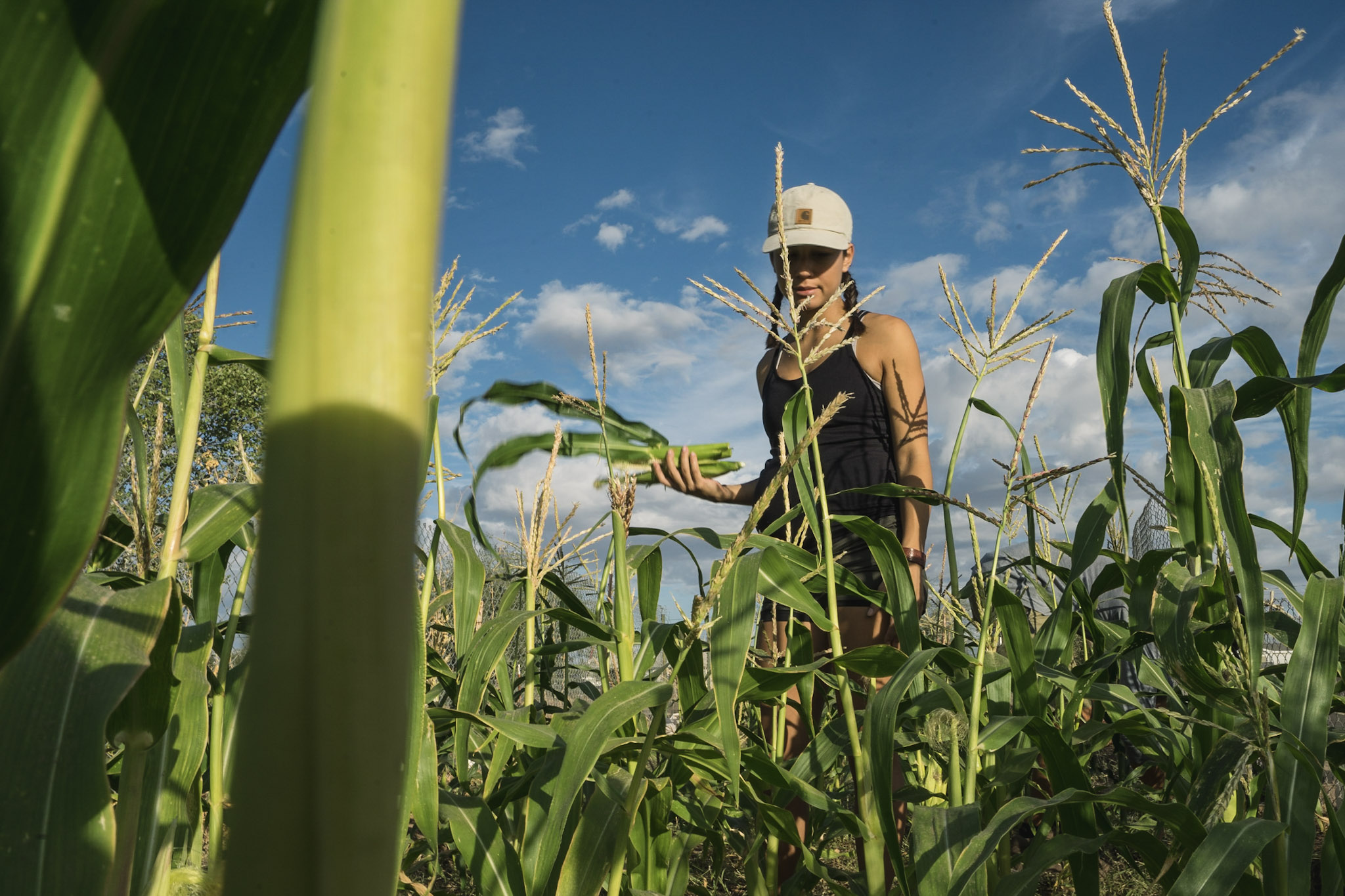
Tribal Food sovereignty
The right for indigenous nations to define their own diets and shape food systems that are congruent with their spiritual and cultural values.
Communities that exhibit tribal food sustainability and food sovereignty are those that:
Have access to healthy food
Have foods that are culturally appropriate
Grow, gather, hunt, and fish in ways that is maintainable over the long-term
Distribute foods in ways so people get what they need to stay healthy
Adequately compensate the people who provide the food
Utilize tribal treaty rights and uphold policies that ensure continued access to traditional foods
Overview of April 2014 Native Food Sovereignty Summit (2nd annual) held at the Oneida Nation of Wisconsin in Green Bay. More than 300 people attended, representing numerous tribes and organizations across the country.
Valerie Segrest is a native nutrition educator who specializes in local and traditional foods. As an enrolled member of the Muckleshoot Indian Tribe, she serves her community as the coordinator of the Muckleshoot Food Sovereignty Project and also works for the Northwest Indian College's Traditional Plants Program as a nutrition educator. In 2010, she co-authored the book "Feeding the People, Feeding the Spirit: Revitalizing Northwest Coastal Indian Food Culture". Valerie received a Bachelor of Science in Nutrition from Bastyr University in 2009 and a Masters Degree in Environment and Community from Antioch University. She is a fellow for the Institute of Agriculture and Trade Policy. Valerie inspires and enlighten others about the importance of a nutrient-dense diet through a simple, common sense approach to eating.
Participants at the 2014 Food Sovereignty Summit define "food sovereignty" in a number of ways. More than 300 people attended, representing numerous tribes and organizations across the country. For the second year, the conference was sponsored by First Nations Development Institute, the Oneida Tribe of Indians of Wisconsin, the Intertribal Agriculture Council, and Northeast Wisconsin Technical College.
Winona is an internationally renowned activist working on issues of sustainable development, renewable energy and food systems. She lives and works on the White Earth reservation in northern Minnesota. As Program Director of Honor the Earth, she works nationally and internationally on the issues of climate change, renewable energy, and environmental justice with Indigenous communities.
Thono O'Odham: Desert People in Arizona harvesting cholla buds.
Produced by Reynaldo Morales for the POSOH Project Grade 8 Science Unit - University of Wisconsin Madison, Wisconsin Fast Plants Program - in partnership with Oneida Nation & Tsyunhehkwa Organic Farm.
During the Agricultural Sustainability and Food Sovereignty Exchange that took place in San Cristobal de las Casas, Chiapas, Mexico on September 17, 18 and 19, 2012, Patricia Rebolledo Kloques of Horizons of Friendship of Ontario, Canada interviews Rigoberto Albores Serrano of Desmi of Mexico about food sovereignty, the obstacles his communities face and how Horizons of Friendship has helped his organization.